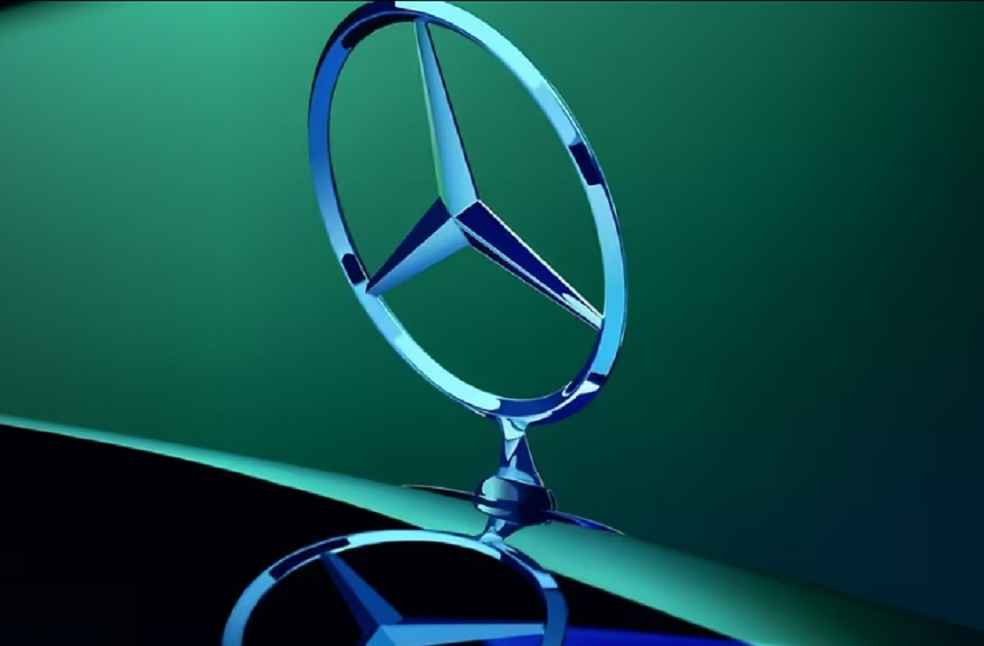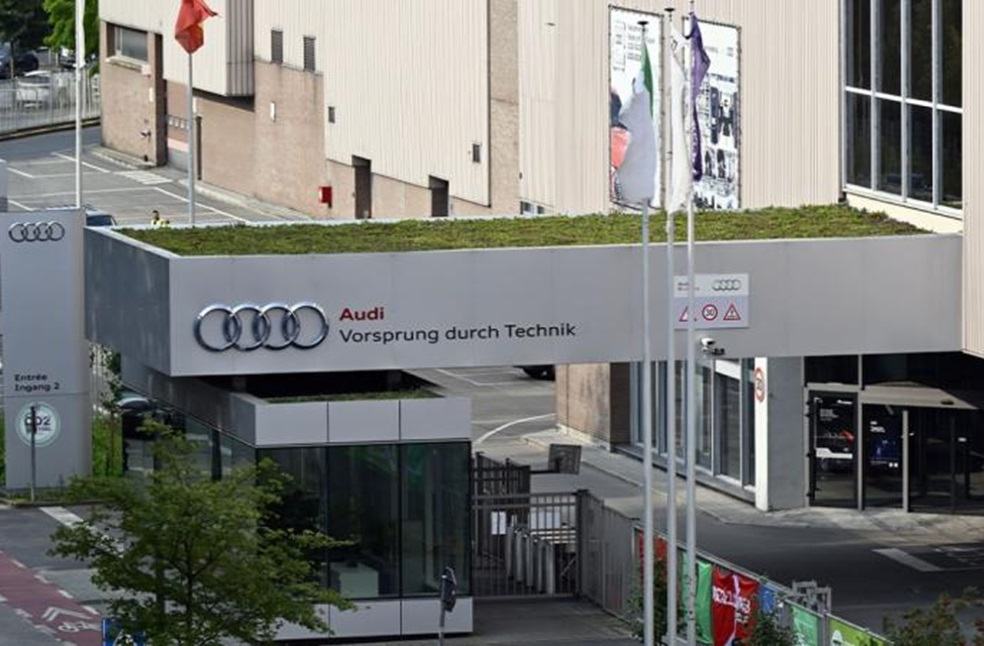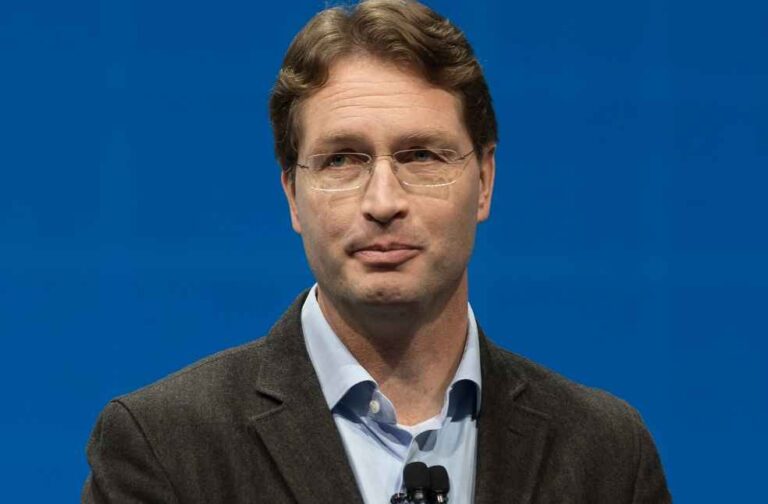German automotive giants Mercedes-Benz and Audi have voiced strong concerns over escalating global tariffs, warning that protectionist measures are harming innovation and disrupting the automotive industry’s global operations.
Speaking at the Shanghai Auto Show, Mercedes-Benz Chief Executive Ola Källenius highlighted that the current trade environment presents the highest level of complexity the car industry has faced in more than three decades. Källenius pointed to mounting trade barriers, shifts in geopolitics, and the ongoing transition to electric vehicles as major challenges confronting global carmakers.
“We’re also dependent on the ability to import and export in all directions. If restrictions, tariffs, or other trade barriers arise, that is not good for general global trade and would affect us as well,” Källenius told reporters, noting that he had never experienced such complexity in his 32 years in the business.

Global manufacturers are grappling with higher European Union tariffs on electric vehicles imported from China and the looming threat of a 25% tariff on car exports to the United States under President Donald Trump’s proposed measures. Källenius, among other automotive executives, met with Trump last week to discuss these growing trade concerns.
Mercedes-Benz, which sold 14% of its vehicles in the US last year, reaffirmed its long-term commitment to the American market despite the uncertainty. Källenius stressed the need for an “equitable and intelligent solution” through ongoing dialogue between Brussels and Beijing. German manufacturers, who also ship electric vehicles from China to Europe, have been particularly vulnerable to the tariffs, fearing potential retaliation from China.
Audi Chief Executive Gernot Döllner also criticized the growing use of tariffs during his remarks at China’s largest auto show. “Tariffs are not the solution,” Döllner told the Financial Times. “They hinder innovation, and they make a false competition.” He emphasized Audi’s deep-rooted presence in China, where the company has been producing vehicles for over 30 years, and called for alternative solutions to address trade tensions.

Källenius described China as the most competitively intense market and underscored the historical importance of open economies. “Economies that are free and open and are exposed to the full force of competition are usually the ones that are most innovative,” he said. “We are open for competition in any direction through any country on a level playing field.”
Tensions between the US and China have intensified, with tariffs now exceeding 100%, further complicating global supply chains. The Shanghai Auto Show, which showcased China’s advancements in electric vehicle technology in 2023, has once again become a flashpoint for trade issues as Chinese automakers like BYD expanded aggressively into overseas markets in 2024, prompting protective measures from both the US and the EU.
AUTO TECH | ZF Powers Global Mobility with Localized Innovations





